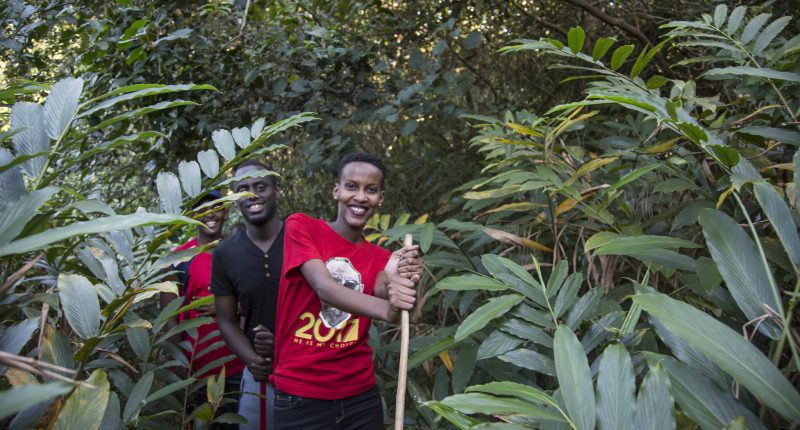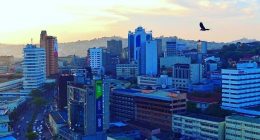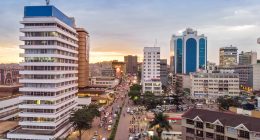Editor’s note: this article is part of the “Covid-19 Reset” project, where the LéO Africa Institute is asking its fellows and associates to imagine a new, progressive post-covid world for our respective communities and countries.
***
They say that great leaders emerge in times of crisis and always possess clear ideological foresight that can lead the rest of their communities towards the journey of adjusting and implementing new strategies, but this also calls for the leaders to be very steadfast people who can foster a calm and focused team/community. And this year has been a perfect time to put these skills to test.
The coronavirus pandemic has taught us much about the unpredictability of life but even more, about the current technological changes and the abrupt adoption we have had to make. Modern technologies that are being rolled at very high speeds, and mandatory in some places, serve as a disruption to the kind of life many are used to and comes with changes that cause new ways of life in societies.
Many of us go through school with set expectations regarding what the world of work that adults have to deal with, will look like. The working class also forms habits around their daily work routines. We didn’t expect these routines to be disrupted by a global pandemic. Today, most people are forced to study or work from home, shop online, pay for goods using digital services, and hold e-meetings. These disruptive technologies, although very good at easing life for some, also come with the paradox of making it a hard experience for others.
As a continent after this pandemic, we have a vast mass of young people who are soon to join many others in the world of unemployment. Right now, this is a huge challenge that is at crisis levels. How do we address this issue in the face of changing technologies that are around us? What are the jobs of the future? What kind of skills do we need to pass down to young people to prepare them for a world that will have changed by the time they are adult enough to live in it? These are the questions that those in leadership or aspiring to join leadership circles should be focusing on.
Now, as a young person, are you ready to ride the technological wave so as not to be left behind? For this to happen, one has to be open-minded but also someone approachable in a way that allows him or her to interact with those who know better as far as technology is concerned.
In February 2017, Rwanda started a program called “Digital Ambassadors Program” where the Ministry of ICT trains young people (ambassadors) who in return go back to their villages and help equip their neighbors and other members of the community with basic ICT skills to bridge the urban-rural digital divide in the country. A few years later in December 2019, the Government of Rwanda in partnership with MTN Rwanda started a campaign called #ConnectRwanda which is a smartphone device donation campaign that aims to see every household in the country have a smartphone. With such initiatives, the country will have digital literate citizens which means Rwandan developers will have clients for their apps which also means quick access to e-government services and other unlimited learning opportunities.
As emerging African leaders, we should embrace the importance of being groomed into high discipline people, with the agility and ability to learn new technologies to solve emerging problems that our societies have to grapple with. However, we must not get caught up in the trap of misusing these technologies or overusing them to a point where they become addictions.
With this in mind and from all that is going in the world right now, I have also learned that leadership in crisis times is also needed to deal with many other challenges we face as young people today. In a world that is becoming tougher by the day, the cases of depression and other mental illnesses and how we resort to desperate means to deal with them pose a considerable concern.
Let’s use this pandemic to have internal debates and honest deliberations on our mental health, personal and professional relationships, how we do our jobs, and the style of leadership we exercise.
Stay safe and sane and don’t forget to learn.
Fiona Kamikazi is a Class of 2018 Young and Emerging Leaders Project (YELP) Fellow of the LéO Africa Institute.









